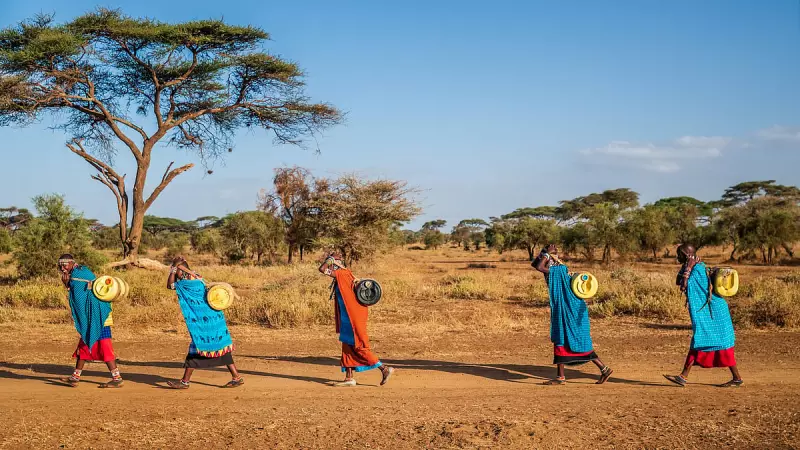
In a significant economic transformation, Kenya has witnessed a dramatic shift in its primary exports, moving from agricultural products like coffee to human labour as its key export commodity. This change provides crucial insights into President William Ruto's administration and its approach to workforce development.
The Changing Face of Kenyan Exports
Kenya's international trade profile has undergone a remarkable evolution, with labour now surpassing coffee as the nation's leading export. This transition highlights broader economic trends and government priorities under President Ruto's leadership. The two industries offer contrasting perspectives on how the current administration values and invests in different sectors of the workforce.
Government's Dual Approach to Key Industries
When it comes to the traditional coffee sector, President Ruto's government is actively investing to revitalize the industry. The administration is focusing on marketing strategies that position Kenyan coffee beans as premium products in international markets. This approach aims to increase the value and global standing of Kenyan coffee, potentially commanding higher prices.
Meanwhile, the labour export sector has emerged as a dominant force in Kenya's economy without similar government investment in worker protection or premium positioning. The natural growth of labour exports reflects market demands and economic pressures driving Kenyan workers to seek opportunities abroad.
Implications for Kenyan Workers and Economy
This export shift raises important questions about workforce development and economic strategy. The contrast between government-supported coffee industry and the organically growing labour export market reveals different approaches to economic development. While coffee receives strategic investment for premium positioning, labour exports have become significant through market forces rather than government design.
The situation underscores the changing nature of global trade and Kenya's position within international economic systems. As reported by the International New York Times on November 16, 2025, this development marks a pivotal moment in Kenya's economic history, with potential long-term consequences for both agricultural and human capital sectors.






